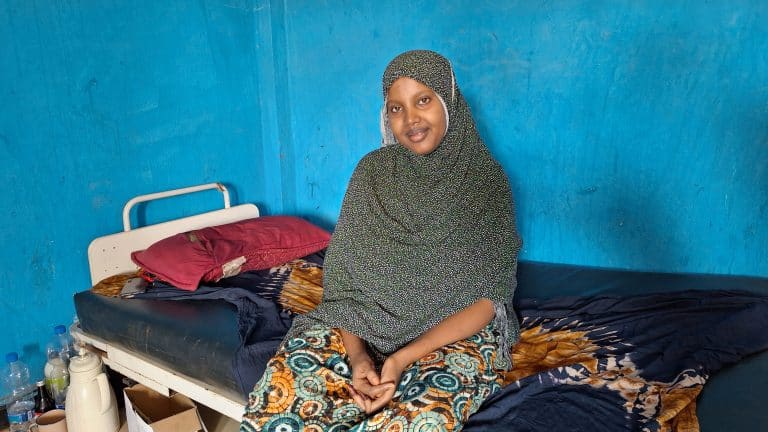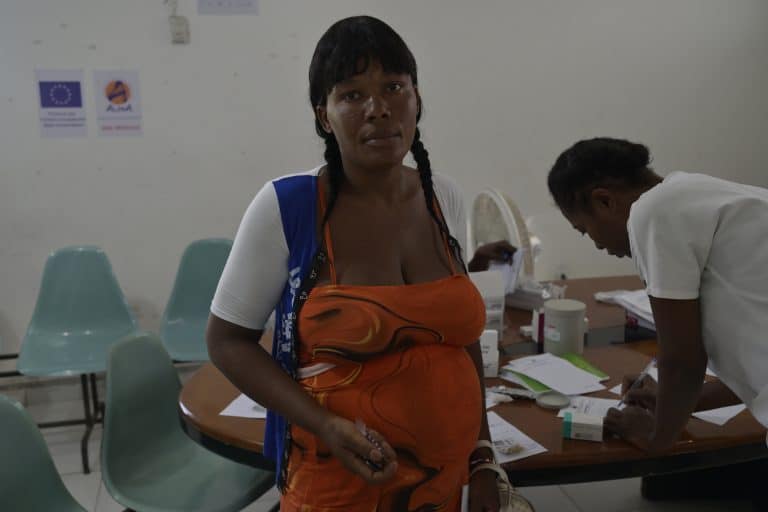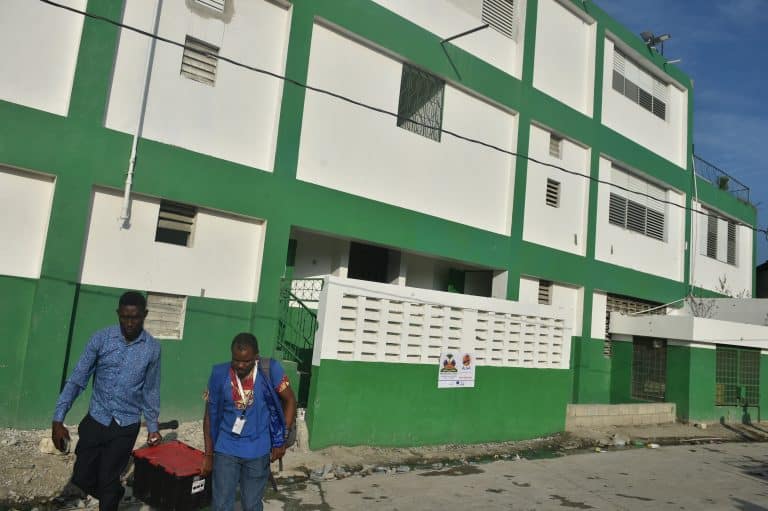Just a few centimeters longer and thicker than a smartphone, this yellow-colored, rectangular electronic device can save lives. Initially developed to help identify respiratory distress in seriously ill children, pulse oximeters allow health workers to easily measure the oxygen saturation of a patient. Measuring the level of oxygen in the blood can tell a lot about a person’s health. If the blood lacks oxygen, the proper functioning of organs, including the lungs, are at risk.
But while commonly used in high-income countries and recommended as a lifesaving tool by the World Health Organization (WHO), most health facilities in West Africa are not equipped with pulse oximeters. Last year, 5.2 million children under the age of five died around the world, most from preventable or treatable diseases, such as pneumonia (WHO, 2019).
ALIMA and its partners are trying to change that.
Detecting respiratory distress in children
ALIMA, in partnership with the NGOs Solthis and Terres des Hommes, and Inserm (the French National Institute of Health and Medical Research), launched the AIRE project: Improving the Identification of Respiratory Distress in Children. The objective: to streamline the use of this “simple-to-use, reliable and financially accessible tool,” says Marine Vignon, who oversees the AIRE project in Burkina Faso, Guinea, Mali and Niger.
“The pulse oximeter is not available in many health centers because it is not systematically integrated into national protocols,” says Marine Vignon. The challenge of the AIRE project is to integrate their use into national protocols and to ensure that they are widely deployed. Severely ill children could thus be more quickly referred to large health structures such as hospitals, and taken care of at an earlier, less critical stage.
An ally in the COVID-19 pandemic context
In the context of the COVID-19 pandemic, a disease whose most serious complication is respiratory, the pulse oximeter quickly became indispensable. It is, for example, an essential triage tool since it contributes to the rapid detection of suspected cases. Same tool, new targets. The AIRE project is adapting.
While continuing to use the pulse oximeter on children, ALIMA and its partners have implemented the tool as part of the response to COVID-19 in Burkina Faso, Guinea, Mali, Niger and Senegal.
“We have deployed pulse oximeters in the triage areas of health structures, because this tool allows the identification of respiratory distress and therefore potential COVID-19 cases,” explains Dr. Désiré Neboua, medical manager of the AIRE project.
Health centers can be high-risk areas for patients and health workers, which is why ALIMA and its partners focus their intervention there. In addition to donating pulse oximeters, the teams train health workers on their use, and on Infection Prevention and Control measures. Hand washing devices have been installed, and triage areas for patients and health staff have been set up, where health workers are responsible for taking the temperature and asking screening questions to patients who arrive. If the agent suspects a case of COVID-19, the patient is isolated and given an oxygen saturation measurement using a pulse oximeter.
“A few weeks ago, a woman came to the triage station. She had a fever and a cough,” recalls Thierno Oumar Diogo Diallo, a nurse at the Gbessia Port 1 health center in Conakry, Guinea. “Suspecting a case of COVID-19, we measured her oxygen saturation with the pulse oximeter. Her saturation was relatively low. She was immediately taken to the nearest COVID-19 testing center where we were able to collect her sample.”
This woman was indeed a carrier of the virus. She was quickly treated and is now cured.
The AIRE project (Improvement of Identification of Respiratory Distress in Children) receives funding from Unitaid, which supports ALIMA in Senegal, Niger, Mali, Burkina Faso and Guinea.
Leader of the AIRE consortium, ALIMA implements the project in Guinea and Mali; Terres des hommes in Burkina Faso and in one district in Mali, Solthis in Niger, and Inserm is responsible for the research component.
Cover photo: © Marine Vignon / ALIMA





